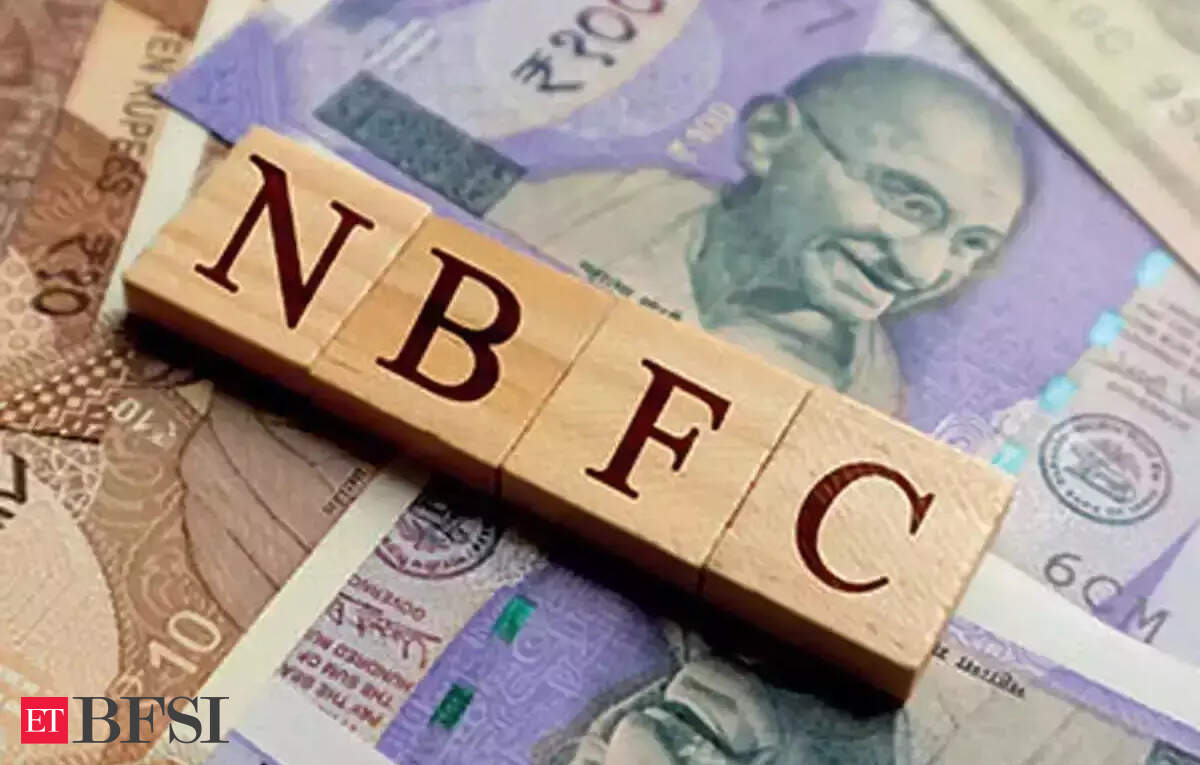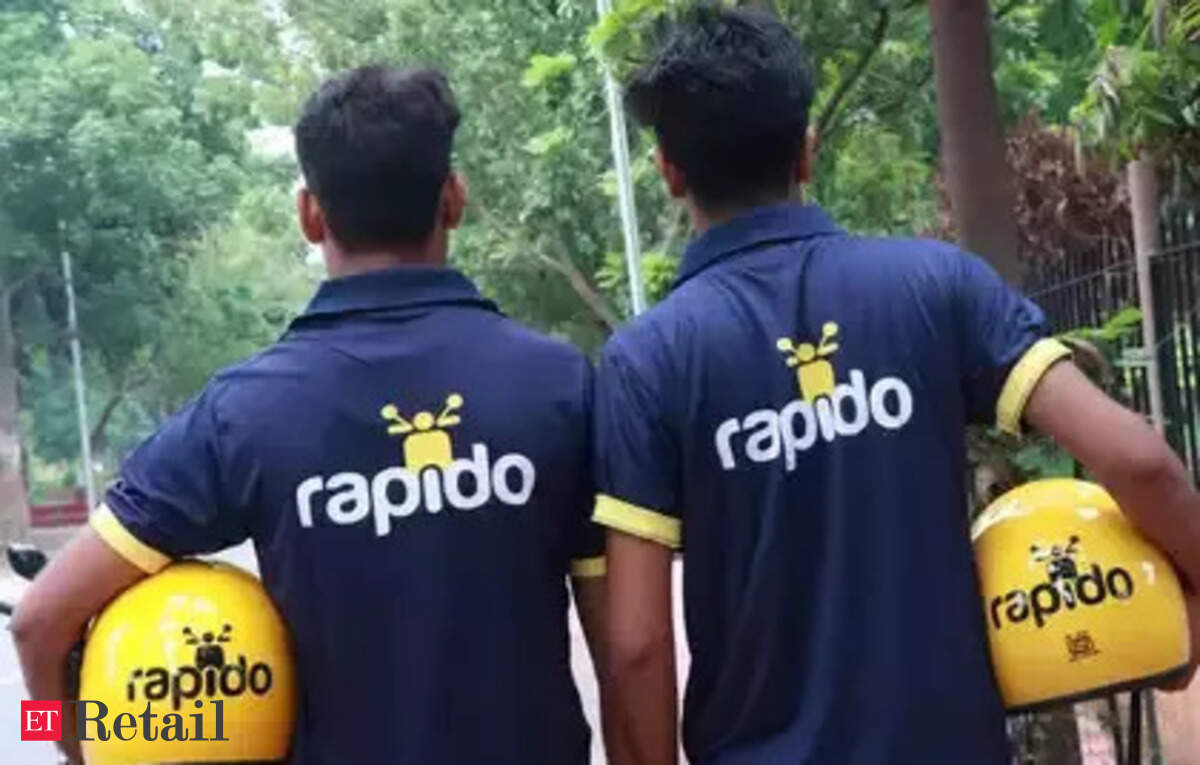
Economic Times Online (ET):
FHRAI has urged the government to delink GST on food and beverages from hotel room tariffs due to the operational challenges it creates. Currently, when a hotel’s room tariff exceeds Rs 7,500 per night, the GST rate on food and beverages (F&B) served in the hotel restaurant increases from 5% to 18%. This linkage discourages hotels from pricing rooms above Rs 7,500, as it leads to a higher GST on food and beverage sales, which can deter guests.
The operational challenges include inconsistent GST rates that vary with fluctuating room tariffs, leading to confusion for both hotel management and guests. Additionally, last-minute price adjustments to room rates can lead to higher GST rates on food and beverages. This creates a cumbersome process for hotels, as they must constantly monitor room rates to avoid unintended GST changes, which could result in potential legal issues. Delinking would provide clarity, simplify operations, and help hotels price rooms competitively without the burden of an escalating GST rate on food and beverages.

Till the time the government is evaluating our request of delinking GST on F&B from room tariffs, we are proposing to increase the threshold from Rs 7,500 to Rs 12,500. It’s a very logical move. Years ago, the government set the Rs 7,500 threshold, but given the rising costs in today’s economy, it feels outdated. By raising it to Rs 12,500, you allow a lot more mid-range hotels to offer competitive room rates without getting stuck in a higher GST bracket. It would boost occupancy, encourage more travel spending, and make Indian hotels more competitive—especially against Airbnb-style accommodations, which right now often fall outside these tax structures.ET: Based on your interactions with policymakers, what has been the response to these GST-related recommendations?
I would not say there is immediate action yet, but there is a growing recognition that the current GST structure is not fully aligned with the reality of how the hospitality sector operates today. We have seen some positive discussions, and we are hopeful that with continued engagement, we will see these reforms in upcoming GST council meetings.
ET: Has the Commerce Ministry taken any action regarding Zomato and Swiggy’s foray into private labels through their respective apps? What role has FHRAI played in protecting the interests of the industry in this regard?
Yes, we raised this concern with the Commerce Ministry because it creates an unfair marketplace. Zomato and Swiggy are supposed to be aggregators, but when they push their own brands aggressively on their platforms, it hurts the independent restaurants who rely on them for visibility. FHRAI’s role has been to push for a level playing field. We are not against competition, but it should be fair. We have requested the government to step in and bring some regulations to ensure that aggregator platforms do not prioritise their businesses over others.
ET: India aspires to become the world’s third-largest tourism destination by 2047, as per FHRAI. What do you believe will help in achieving this goal? With the recent terror attacks, do you think that India’s image as a world-class tourism destination will be adversely impacted?
There is so much potential for India: the diversity of experiences, culture, and cuisine. But to get there, we need to invest heavily in infrastructure, safety, skilled hospitality staff, and global marketing. Unfortunately, incidents like terror attacks hurt the perception, especially among international travellers. Safety is non-negotiable when you are trying to build a tourism brand. However, India has shown resilience in the past, and with the right security protocols and messaging, I believe we can recover and continue our growth story.
ET: In light of the Pahalgam attacks, how can organisations like FHRAI help ensure livelihoods for tourism and hospitality operators in the region?
The first thing is to stand in solidarity with the local communities and tourism operators, as their livelihoods depend heavily on visitors. FHRAI can help by coordinating with government bodies to roll out relief packages, marketing initiatives to rebuild confidence, and even hosting national tourism events there to bring attention back to the region.
ET: The hospitality sector has shown steady recovery after the Covid-19 pandemic. What do you see as the top three growth drivers shaping the future of hotels and restaurants in India?
First, the rise of domestic travel—Indians are travelling within India like never before. Second, the digital transformation—everything from bookings to dining experiences is getting tech-driven. And third, tier II and III cities are exploding with demand. People are looking for authentic experiences, and that is opening up new markets beyond the metros. There is a rise in pilgrimage tourism, further supporting the growth of tourism in India.
ET: What are the most urgent reforms FHRAI is advocating for the hotel industry regarding the ease of doing business?
We have been very vocal about the need for single-window clearances. Today, to open a hotel or a restaurant, you need so many licences from different departments, which is tedious and discourages entrepreneurship. We are asking for digitisation, time-bound approvals and rationalisation of the number of licences required. A lot of it is just red tape that needs cutting.
ET: New hospitality ventures often face long delays in project execution due to bureaucratic bottlenecks. How can governments—both state and central—streamline processes to get projects approved faster?
Honestly, it’s s about accountability and digitisation. If there is a clear checklist, a transparent timeline, and everything moves online, the process becomes predictable. Also, appointing nodal officers who can guide investors through the process, like a concierge service for businesses, can make a huge difference. States that have done this well have seen a boom in hospitality projects.
ET: Skill development of manpower is crucial to deliver world-class hospitality experiences. What initiatives is FHRAI taking to enhance training and skill development across the sector?
We are investing heavily in training programmes, both through our own initiatives and in partnership with institutes. FHRAI’s Institute of Hospitality Management, for example, is providing industry-relevant training. We are also pushing for more government-backed skill development programmes that are aligned with what the industry needs. Through our Centre of Excellence, we have started some training programmes for hospitality professionals, which the industry is finding helpful.
ET: With tier II and III cities emerging as new tourism and hospitality hubs, how does FHRAI see the potential in these markets?
We see massive potential. Places like Indore, Bhubaneswar, and Surat are growing fast, and the spending power is real. Plus, travellers are looking for offbeat experiences now. The key is to ensure infrastructure keeps pace—good roads, airports, and internet connectivity. If we get that right, these cities could be the next big thing in Indian tourism.
ET: Sustainability is becoming an indispensable part of hospitality. How is FHRAI encouraging eco-friendly operations among its members? What are some of the practices being actively practised among your members?
KSR: Sustainability is no longer optional. We are encouraging our members to adopt practices like rainwater harvesting, solar energy, waste segregation, and even zero-plastic policies. A lot of our members have shifted to sourcing local produce to cut down their carbon footprint. Some hotels are doing wonderful work with organic kitchens and water recycling plants. FHRAI also holds workshops and best-practice-sharing sessions to help members make the transition more easily. The success of our recently concluded Tourism Sustainability Summit 2025 depicts our commitment to this. We also launched a handbook on best sustainability practices in Indian hospitality. The handbook aims to serve as a comprehensive guide, showcasing the sustainable initiatives implemented by the hospitality sector and inspiring others to follow suit.









